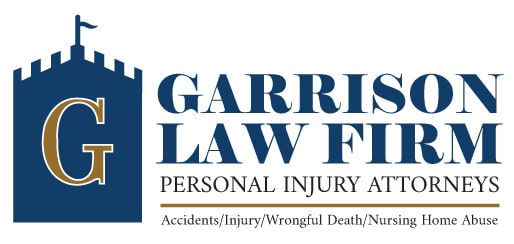When it comes to taking care of the elderly individuals in your life, we often count on nursing homes to provide housing, meals, and medical resources. However, when you think of nursing home abuse, the first thing that may come to mind is physical abuse. While physical abuse may be the most obvious problem and results in visible abuse issues, there could be other signs you completely miss.
Follow our guide to know what to look for, what is considered abuse in a nursing home, and how legal help can assist in representing your loved one.
Poor Room Conditions
The nursing home room that a loved one stays in is not just a temporarily residence for many. Some people may spend years in a nursing home, receiving the care to live out their life in the best way possible. Because of this, the room condition becomes a vital element as this is where a person will spend a majority of their time.
As you visit a loved one at a nursing home, you may see room conditions that are troubling and are signs of abuse. One of the biggest examples is an unsanitary room. Dirty sheets, messy floors, or items left around all result in a poor quality of life for your loved one.
If old food trays or garbage is left around the room, then the person could be experiencing neglect and should not have to live in those conditions. If you notice issues, keep notes of the room conditions and track how many times problems have arisen. If problems keep occurring even after you’ve told staff members, then you could take things a step further with legal help.
The upkeep of the room also includes everyday functions. A broken television, messed up window blinds, and improper climate control elements could all lead to major concerns for your loved one.
Overcrowded rooms can also fall into this category of abuse. The population size at a nursing home constantly changes, but your loved one should not be placed in a crowded room without enough living space. When you pay for nursing home services, you will often select the room situation, and that should not change based on overcrowding.
Incorrect Billing
Sometimes the abuse may not affect your loved one emotionally or physically. Without direct control over their finances, a person could be taken advantage of in a nursing home. This is why checking into the charges and costs associated with a loved one’s stay is important.
A lawyer can help dive deep into charges to find unlawful or unauthorized fees charged to the account. The experience of a lawyer can see when the costs have suddenly shifted or how items have changed over time. For example, they may find a dramatic change in food costs or charges for medical care that your loved one never received.
A breakdown of the exact costs will showcase differences and missed charges through the year. If you find financial abuse, a layer will seek out compensation for the full amount and potentially more to compensate for the way they treated your love one.
Poor Training Practices
When a loved one goes into a nursing home, a lot of trust is put into the staff of the home. Unfortunately, there are instances where employees may mistreat a resident, and an employee may mistreat residents based off poor training. If training protocols are not in place, a loved one could suffer from mistreatment or emotional abuse.
For example, if an employee does not follow protocol for a patient’s personal care plan and diet, they could be mistreated or the incident may result in multiple problems. An overly verbally staff worker could cause verbal abuse issues for a loved one. The emotional abuse could extend beyond just nurses and caretakers.
Emotional abuse could include harsh verbal treatment and may include ignoring the patient all together. Testimony from your loved one and other workers can help build a case and give the lawyers evidence they need to open up a case.
Denied Rights
When a person enters a nursing home, they have specific rights the employees must uphold. In 1987, the Nursing Home Reform Law was created to give residents rights and ensure those rights are held up in court. One of the main rights a resident has is the right to complain. If complaints are ignored or brushed off, a nursing home could be held liable for the mistreatment.
Nursing home patients also have the right to privacy. If a resident has confidential information shared with others, the rights are violated and abuse can come in the form of emotional harm. Every nursing home must abide by the rights. If you feel like the staff violated any rights, then consult with a lawyer to see if you have a potential case.
For more information on our services, contact us at Garrison Law Firm. We will use our expertise and experience to help your loved one get the justice they deserve.


